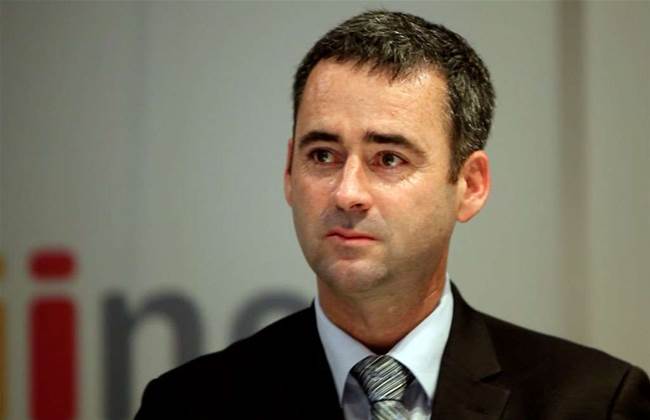ISP iiNet has reported a flat broadband market in its results for the first half of 2013, leading it to focus on selling more products to each of its 1.61 million customers.

“The total number of services we provide has jumped from 1.36 million to 1.61 million in the last twelve months,” managing director Michael Malone said.
“In that time the number of services per customer has reached 2.2 [on average per customer]. We are focusing on getting that up to three per customer in the next year.”
Malone said mobile telephony has shown strong growth for iiNet, with 108,000 subscribers. It resells capacity on the Optus network. The company has also moved into the sale of handsets and tablets, he added.
The past 12 months also saw iiNet acquire SA-based Internode, along with TransACT in the ACT. Malone said services and network integration between the three entities was progressing well. He added, however, the back office integration between the three companies still had some way to go.
Malone said the financial results for first half of 2012-13 were the strongest ever for the company, with revenue growth up 30 percent year-on-year to $474 million. This includes the first full six months including Internode and TransACT revenues.
The company remains the number one reseller of NBN services, however Malone said he expected ramped up competition from Telstra, TPG and Optus as the national network is progressively lit up over the next 12 months.
He also addressed the possibility of a policy change if the Coalition win government in the September election.
“We know the Coalition is committed to a national network, but it would be fibre to the node,” said Malone. “The IT systems and broader network would remain in place, however.”
Malone also said the company would continue to focus on business as a growth driver, but noted the majority of its business customers, with the exception of corporate and government acquired as part of TransACT, fell into the SME basket. “This is business with 20 employees or less,” he said.
The majority of the company’s SME business is still firmly in the internet access camp, with some growth in telephony.



_(22).jpg&h=140&w=231&c=1&s=0)
_(20).jpg&h=140&w=231&c=1&s=0)




_(26).jpg&w=100&c=1&s=0)

 iTnews Executive Retreat - Security Leaders Edition
iTnews Executive Retreat - Security Leaders Edition












_(1).jpg&h=140&w=231&c=1&s=0)



